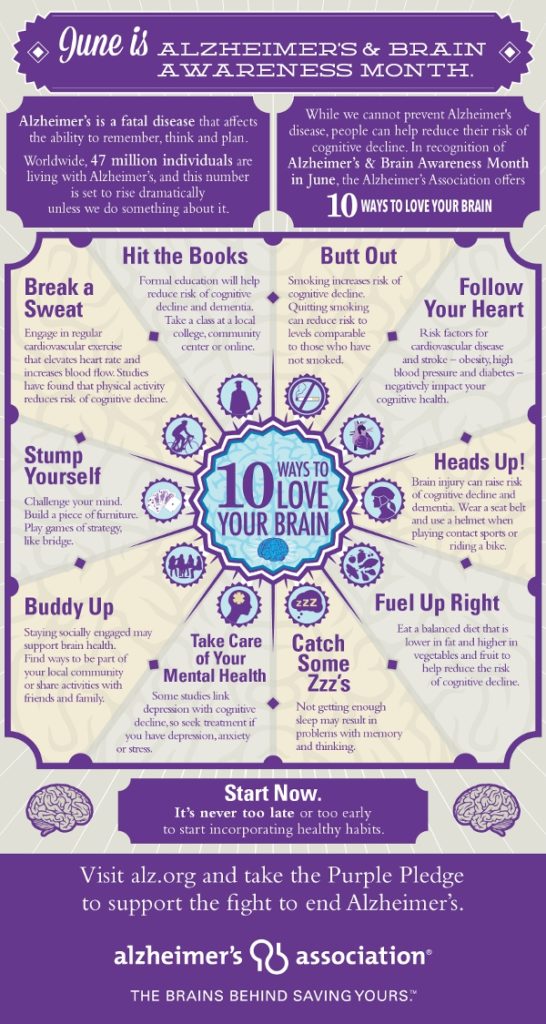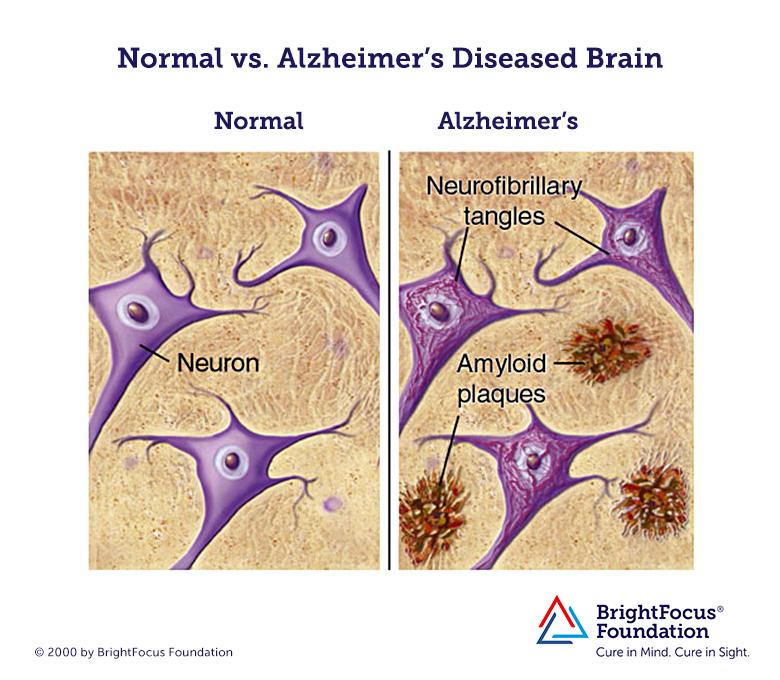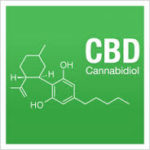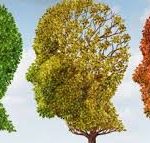 Alzheimer’s disease is the most common form of dementia, affecting over 4.5 million Americans. Studies have shown cannabis can limit the progression of the disease.
Alzheimer’s disease is the most common form of dementia, affecting over 4.5 million Americans. Studies have shown cannabis can limit the progression of the disease.
Alzheimer’s disease is a progressive type of dementia that destroys memory, behavior and thinking. In the disease, brain cells degenerate and die, which causes a steady decline in memory and intellectual and social skills. As brain cells die, the brain shrinks.
According to Mayo Clinic, scientists believe Alzheimer’s disease is caused by a combination of genetic, lifestyle and environmental factors. Age seems to play a role, as risk increases significantly at and beyond the age of 65 and the disease affects nearly half of people over the age of 85.
Hallmarks of the disease include plaques, which are clumps of protein fragments called amyloid-beta, and tangles, which are twisted fibers of the protein tau. Plaques and tangles build up in the brain and interfere with cell communication and nutrient transport, thus contributing to brain cell death.
Alzheimer’s typically begins with mild confusion or forgetfulness, but progresses over time at a rate that varies person to person. Memory loss persists and worsens, causing individuals to repeat statements or questions, forget conversations or appointments, routinely misplace possessions and eventually forget names of family members, friends, and everyday objects. Alzheimer’s will also cause a person to lose their sense of day, have difficulty finding the right words, have problems concentrating and thinking, and to experience depression, anxiety, social withdrawal, mood swings and irritability.
There is no cure for Alzheimer’s disease and medications and other management strategies may only temporarily improve symptoms.
Studies have determined that two of the major cannabinoids found in cannabis, tetrahydrocannabinol (THC) and cannabidiol (CBD), reduce the buildup of plaques and tangles, and therefore show viable potential as treatment options for Alzheimer’s disease.
THC has been shown to be effective at lowering amyloid-beta levels and enhancing mitochondrial function, therefore causing the researchers to conclude “that THC could be a potential therapeutic treatment option for Alzheimer’s through multiple functions and pathways” (Cao, et al., 2014). An earlier study also found THC to be effective at preventing amyloid beta aggregation, suggesting it could impact the progression of the disease (Eubanks, et al., 2006).
The brains of Alzheimer’s patients experience an over activation of microglia (cells that form myelin), which contributes to the excessive tau buildup and therefore tangles. However, CBD has been shown to modulate microglial function and control neuroinflammation (Martin-Moreno, et al., 2011).
In addition, CBD has been shown to improve the survival rate of cells through a combination of neuroprotective, anti-oxidative and anti-apoptotic effects against the toxicity caused by beta-amyloid, therefore showing potential as a therapeutic option for Alzheimer’s (Iuvone, et al., 2004).
Cannabinoids provide a multi-faceted approach in the treatment of Alzheimer’s. In addition to reducing amyloid-beta levels and modulating microglial function, they protect brain cells from the deleterious effects of amyloid-beta, reduce inflammation, and support the brain’s repair process by enhancing neurogenesis (birth of new cells) (Campbell & Gowran, 2007).
The bulk of the text above is from: http://medicalmarijuanainc.com/alzheimers-disease/#sthash.5BQ2E00b.dpuf
 Alzheimer’s, a fatal disease that impairs one’s ability to remember, think and plan, affects 47 million individuals worldwide and 5 million Americans. While this number is set to rise dramatically, according to the Alzheimer’s Association, an advocacy group and leader in the global fight against Alzheimer’s, the estimated number of Americans with the disease will rise from more than five million now to as many as 16 million in 2050.
Alzheimer’s, a fatal disease that impairs one’s ability to remember, think and plan, affects 47 million individuals worldwide and 5 million Americans. While this number is set to rise dramatically, according to the Alzheimer’s Association, an advocacy group and leader in the global fight against Alzheimer’s, the estimated number of Americans with the disease will rise from more than five million now to as many as 16 million in 2050.
While age is the greatest risk factor for developing the disease, you can take steps to reduce your own risk. Experts say it’s never too late or too early to incorporate healthy habits into your daily routine.
Regular cardiovascular exercise, continued learning and an active social calendar are a few aspects of a brain-healthy lifestyle that experts at the Alzheimer’s Association cite as ways to reduce one’s risk for cognitive decline.
Angela Geiger, the association’s chief strategy officer, calls Alzheimer’s “the unaddressed public health crisis of this decade.” and she said that while there have been significant increases in federal funding for research, current spending doesn’t adequately reflect the disease’s status as the sixth leading cause of death in this country. One for which there’s “no treatment that slows the progression.”
This shows some of the noted effects of CBD on Alzheimer’s
 source: http://www.hempoilfacts.com/article-cannabinoid-medicine-and-alzheimers-disease-treatment/
source: http://www.hempoilfacts.com/article-cannabinoid-medicine-and-alzheimers-disease-treatment/
The image below shows you 10 ways to love your brain. It is also worth noting that consuming coconut oil has been shown to help! (scroll down)
 Click the image above to see a larger size
Click the image above to see a larger size

Related Article
Article: Cannabinoid Medicine and Alzheimer’s Disease Treatment
.
Find our other articles on Alzhymer’s here and Testimonials



